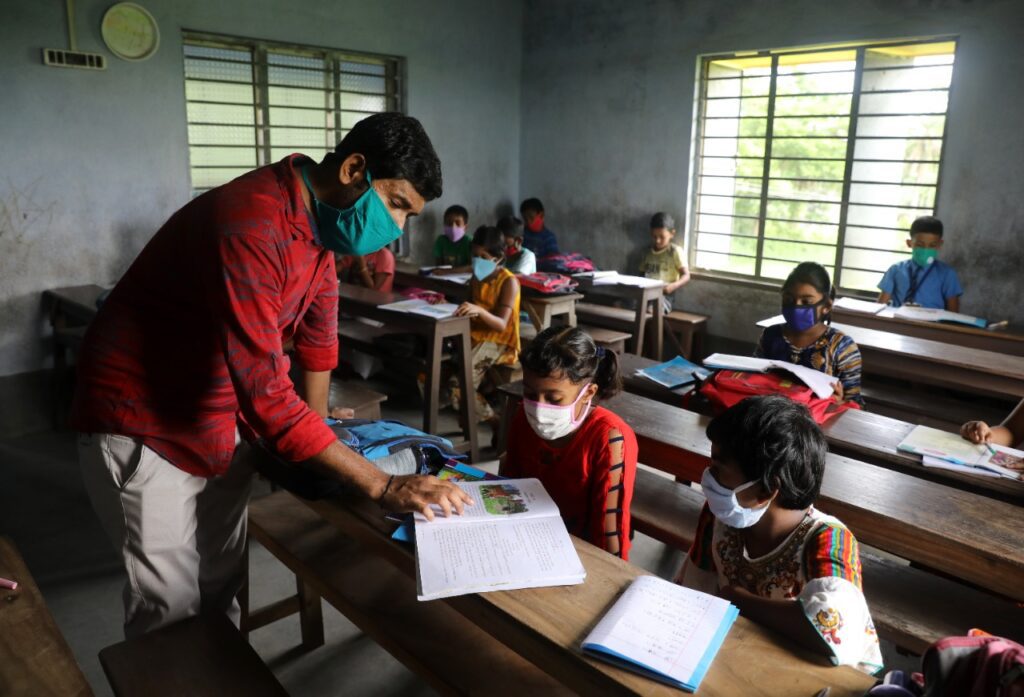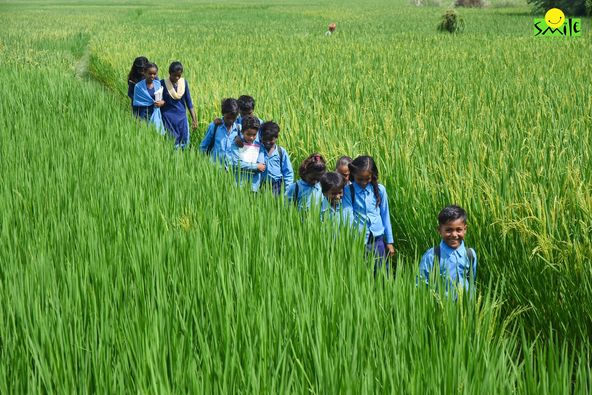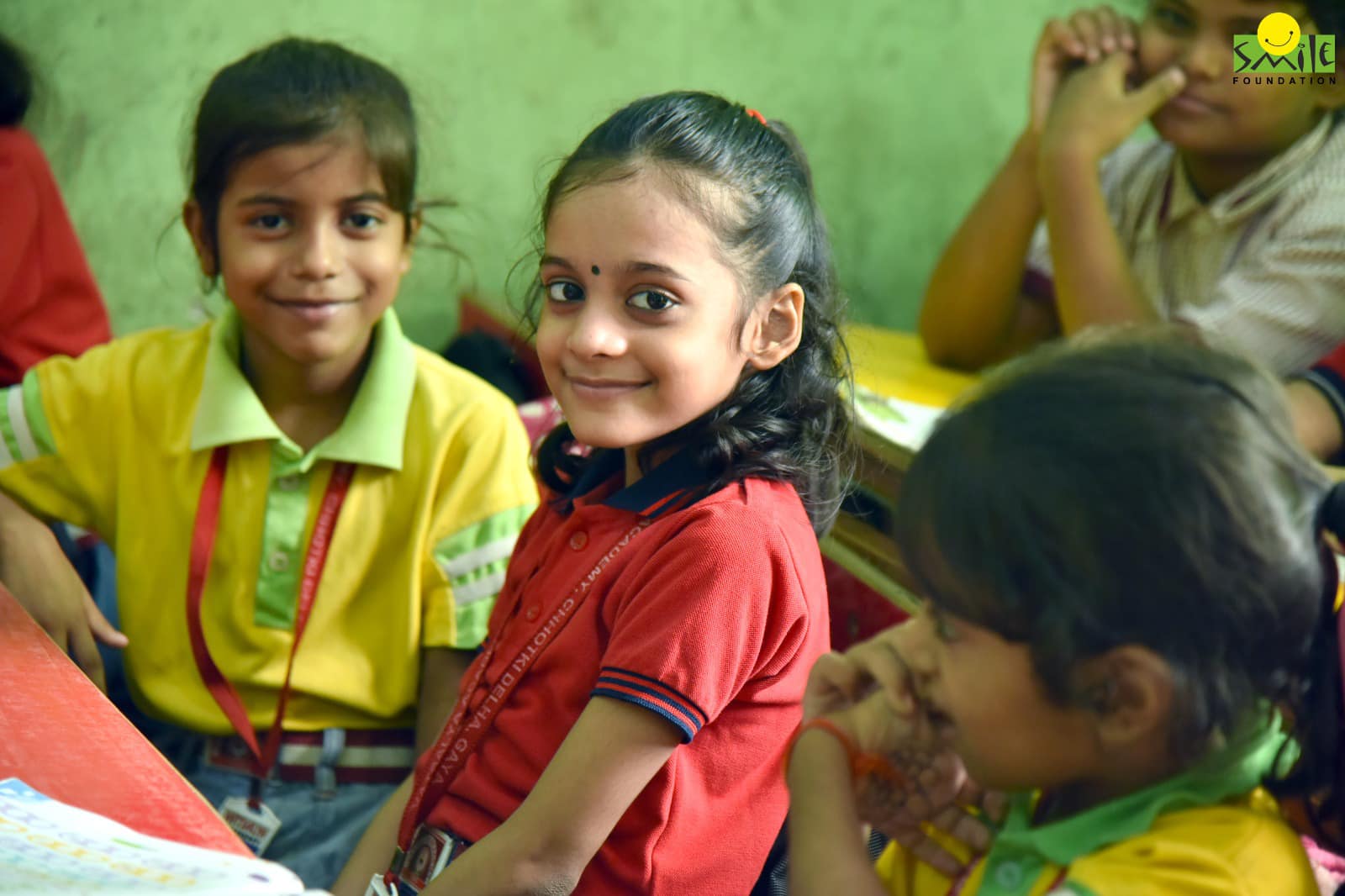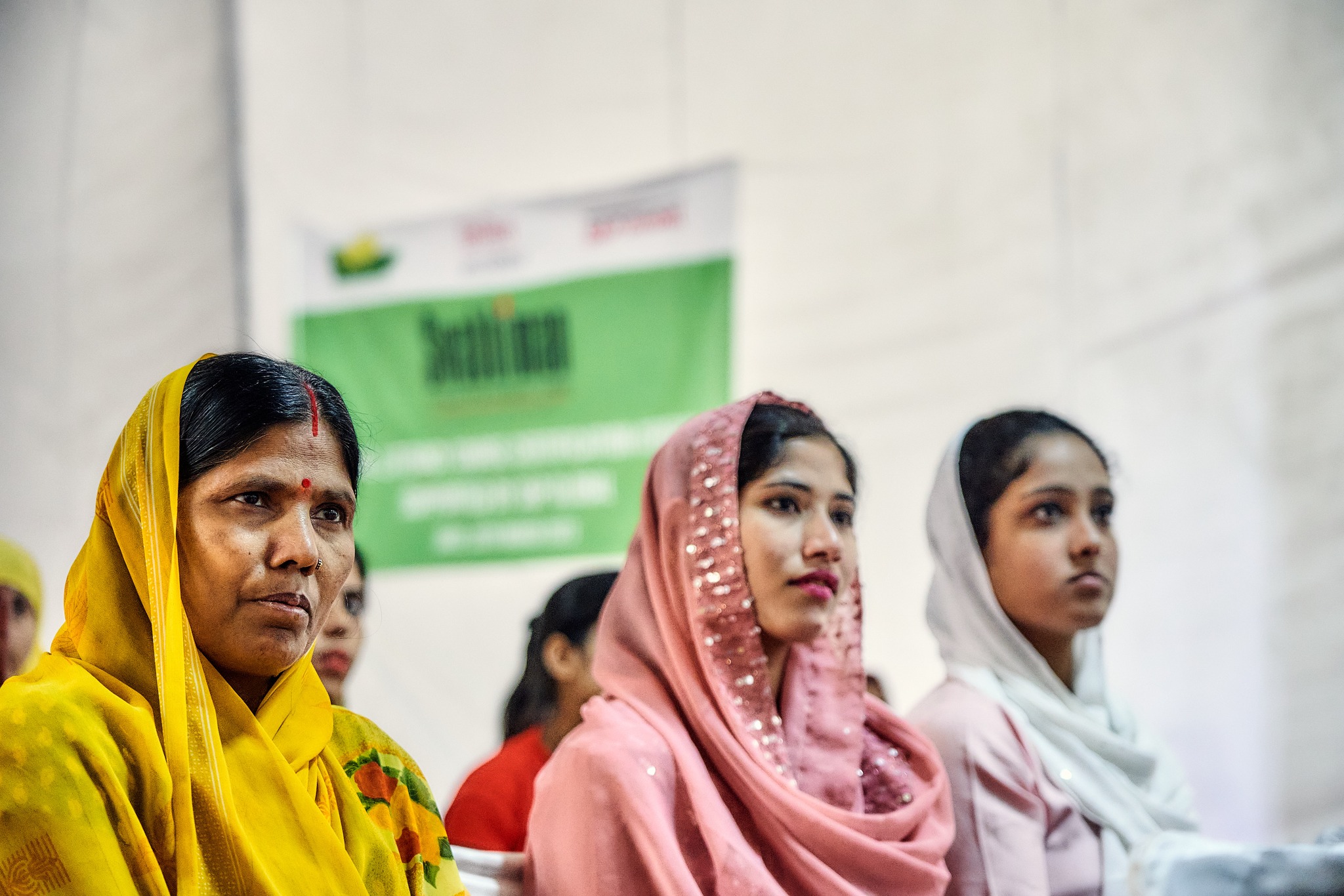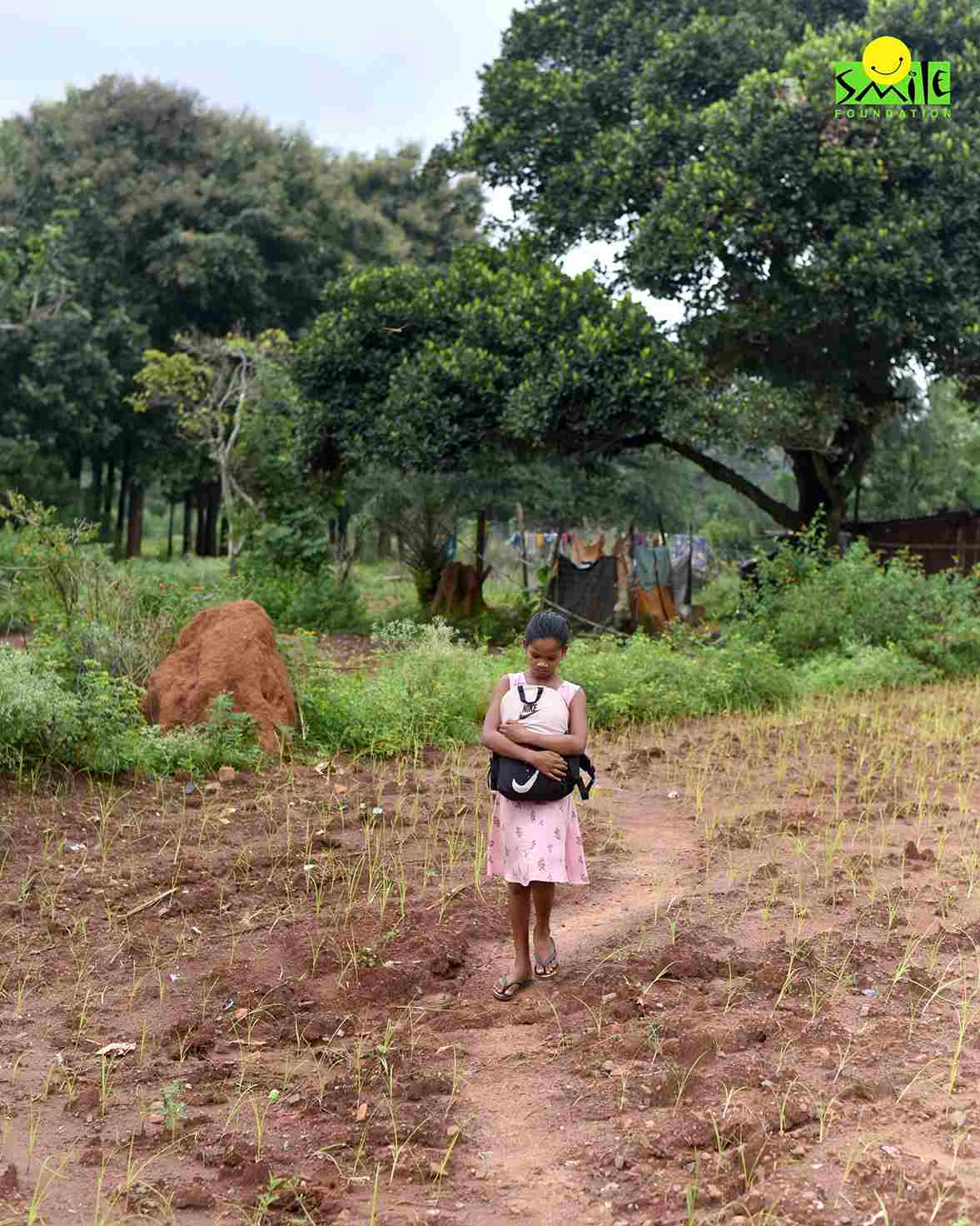Purpose of conducting the Education Survey Report
The social development dynamics go through a continuous change and generating innovative solutions is the answer to cope with the changes. At Smile Foundation, we believe that evolving and catering to the changing needs of the beneficiaries, helps to emphasize that our initiatives are relevant and critical in a specific moment of time. Hence, the theme-based surveys are regularly conducted to relook and realign interventions to ensure they are in line with the vision and objectives of the organisation.
The survey studies conducted in the course of the last 2 years, helped us, at Smile Foundation, to understand the challenges faced by children in terms of health, nutrition, and progress of education through several ways of teaching-learning exchanges rolled out during the period. These periodic surveys helped to stay abreast of the new challenges that were unfolding in terms of increasing dropouts, decreased attendance, fall in age-appropriate learning levels among children, and the overall effects on children’s educational, social, emotional and psychological growth and development.
Education Survey Analysing Extent of Learning Loss in Children During Covid-19
At the turn of the decade, the untoward occurrence of COVID-19 compelled the education system to rethink, renew and rediscover the teaching-learning processes for children worldwide to ensure a steadfast continuum in learning. The educational institutions across India, braved the challenges of distant locations, absence of network and digital facilities, restrictions in movements and remote learning from home to reach out to the children.
This report is an attempt to understand the extent of learning loss in India through a study conducted through our students’ beneficiaries at Smile Foundation. The study aims to assess the learning gaps and suggest mechanisms to recover the learning loss for the benefit of educationists and educational institutions to improve and innovate the existing teaching-learning methodologies with the broad objectives, such as—
1. Reach out to every child and understand the challenges in retaining them in school
2. Assess learning levels
3. Prioritise teaching the fundamentals
4. Increase catch-up learning and progress beyond what was lost
5. Develop psychosocial health and well-being so every child is ready to learn
6. Gender-specific study in school retention
The Common Ground Collaborative is bonded together by a set of values that create a shared picture of the future of learning that is distinctly different from anything else “out there”.
Five aspects of the Teaching & Learning Process Learnt Through Education Survey—
1.Design
2.Identifying Topics
3.Presentation
4.Assessment
5.Reflection
The key learnings are to be fully present in the conversation, realise and vocalise the things you agree on, seek understanding more than being right, honor the other person and communicate with kindness.
As this survey is being done with the help of White head Junior and below are the findings.
Survey done on a total 22 states which includes 125 teachers and 563 Parents and 12 Community stakeholders. ROs will facilitate FGDs with teachers/ coordinators and stakeholders to—
- Equal and maximum representation of participants. Gender, urban, Rural, Tribal, aspirational, Formal, Remedial, Seniority, Subject wise, etc.
- Create an environment where free-flow discussion can happen.There should be no unasked questions and admire each one’s view in respect of survey titles.
For NGOs—
- The students’ learning assessment is to be facilitated in physical mode at Mission Education (ME) centers.
- Learning assessment is to be done in a fair and free environment.
- Students should not feel hesitant to respond.
- Learning assessment is not for calculating individuals’ marks, it’s purely for research purposes in education.
For Volunteer Surveyor—
- To ensure and maintain health protocols due to Covid-19
- To ensure safety maintenance of the assessment sheets and related documents to ensure quality assessment.
- A strong supervision mechanism to distribute and collect the question paper and answer sheet on time from the students/ parents.
All these findings greatly contribute to the evolving learning and teaching requirements for a world that’s increasingly digitally relevant. For more information, please read Part 1 of the series on Survey Report 2022.



